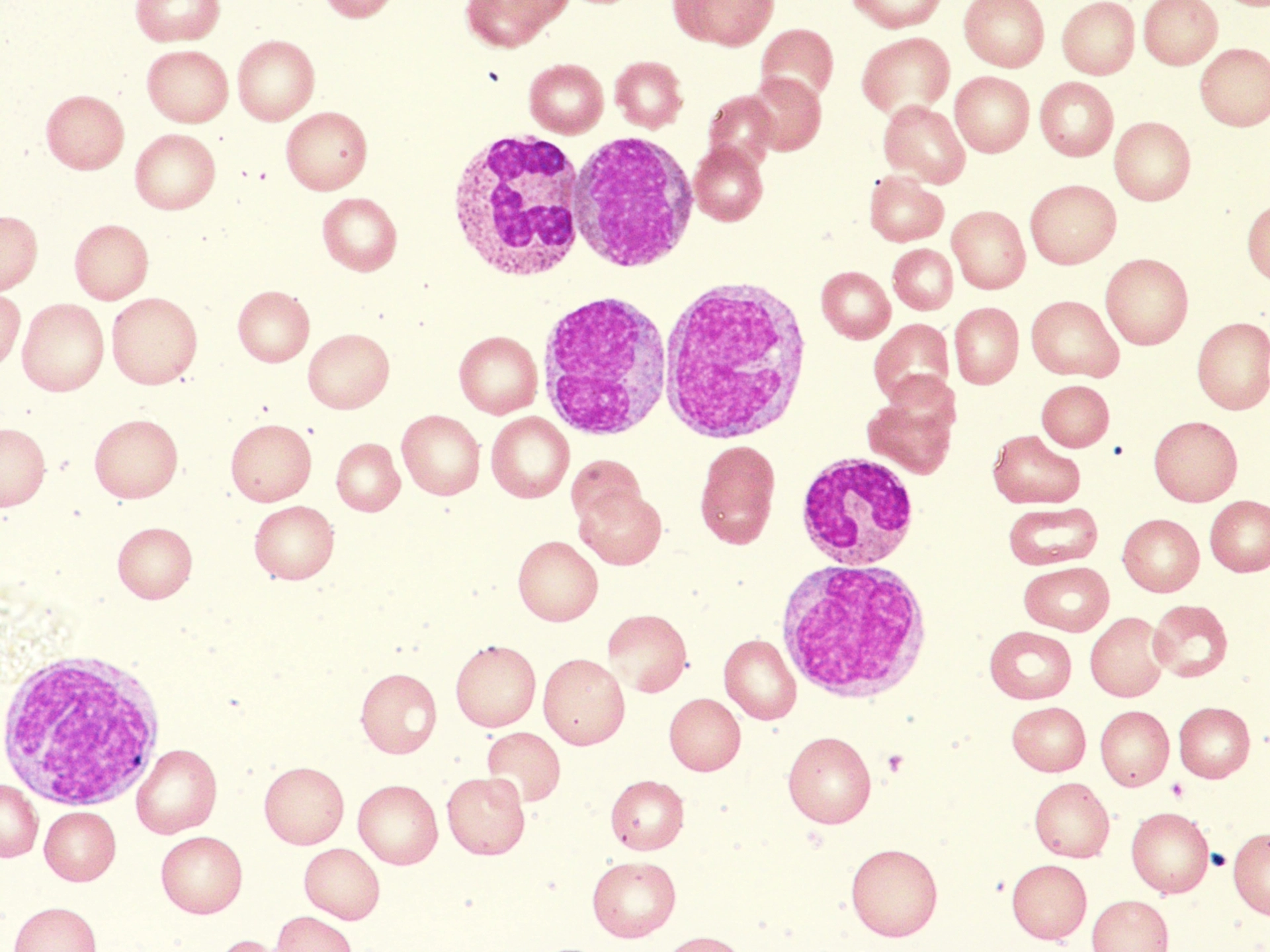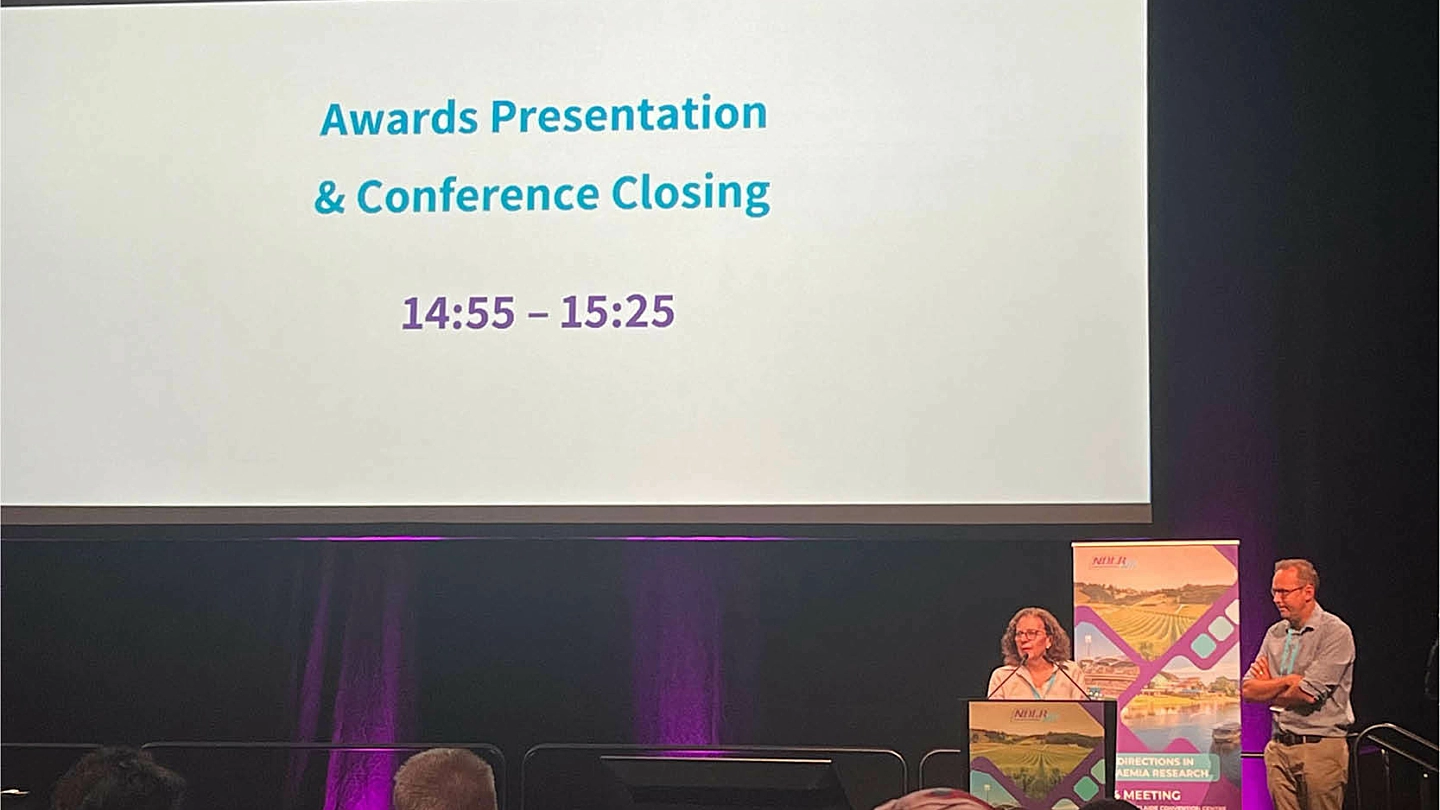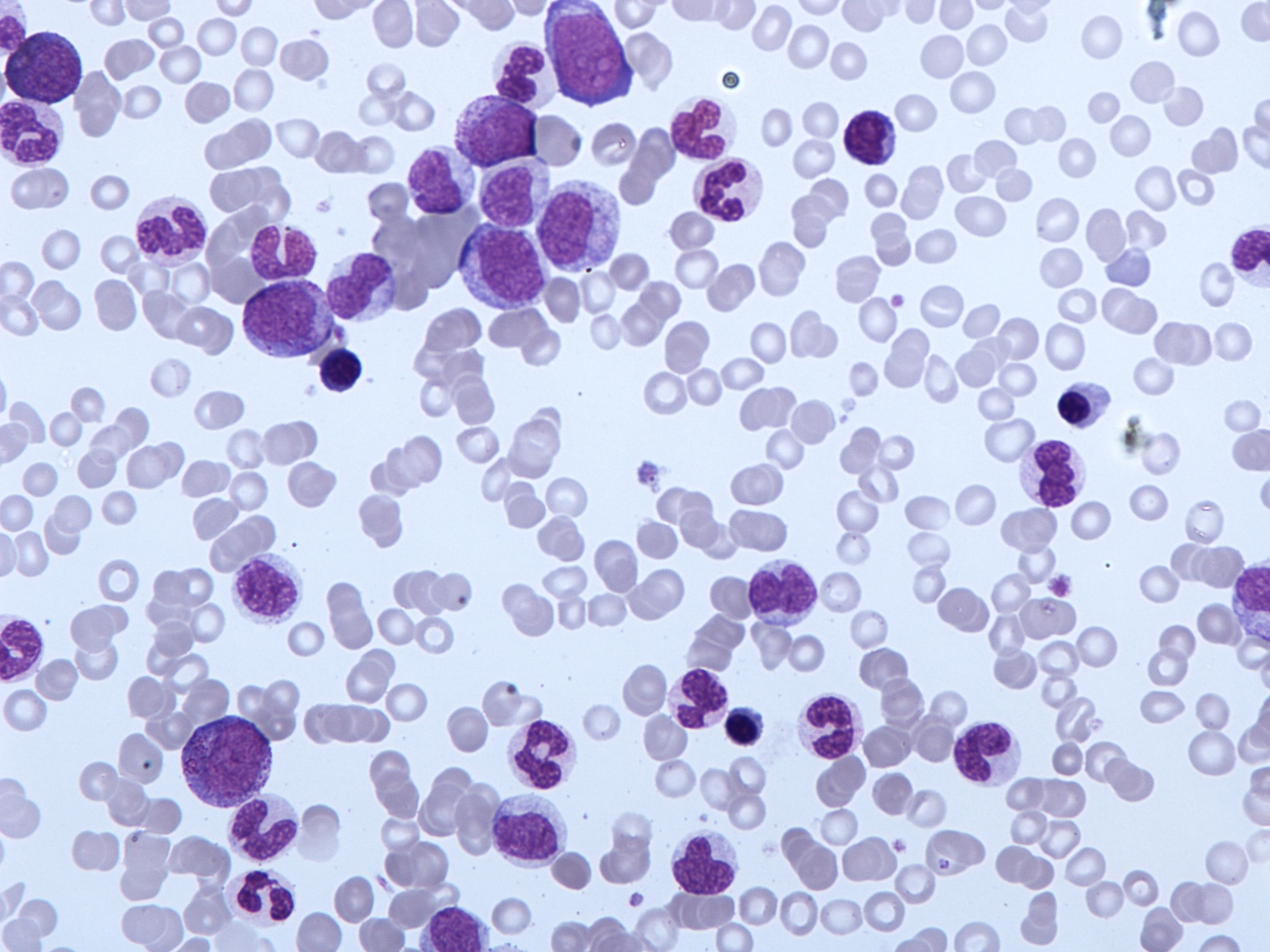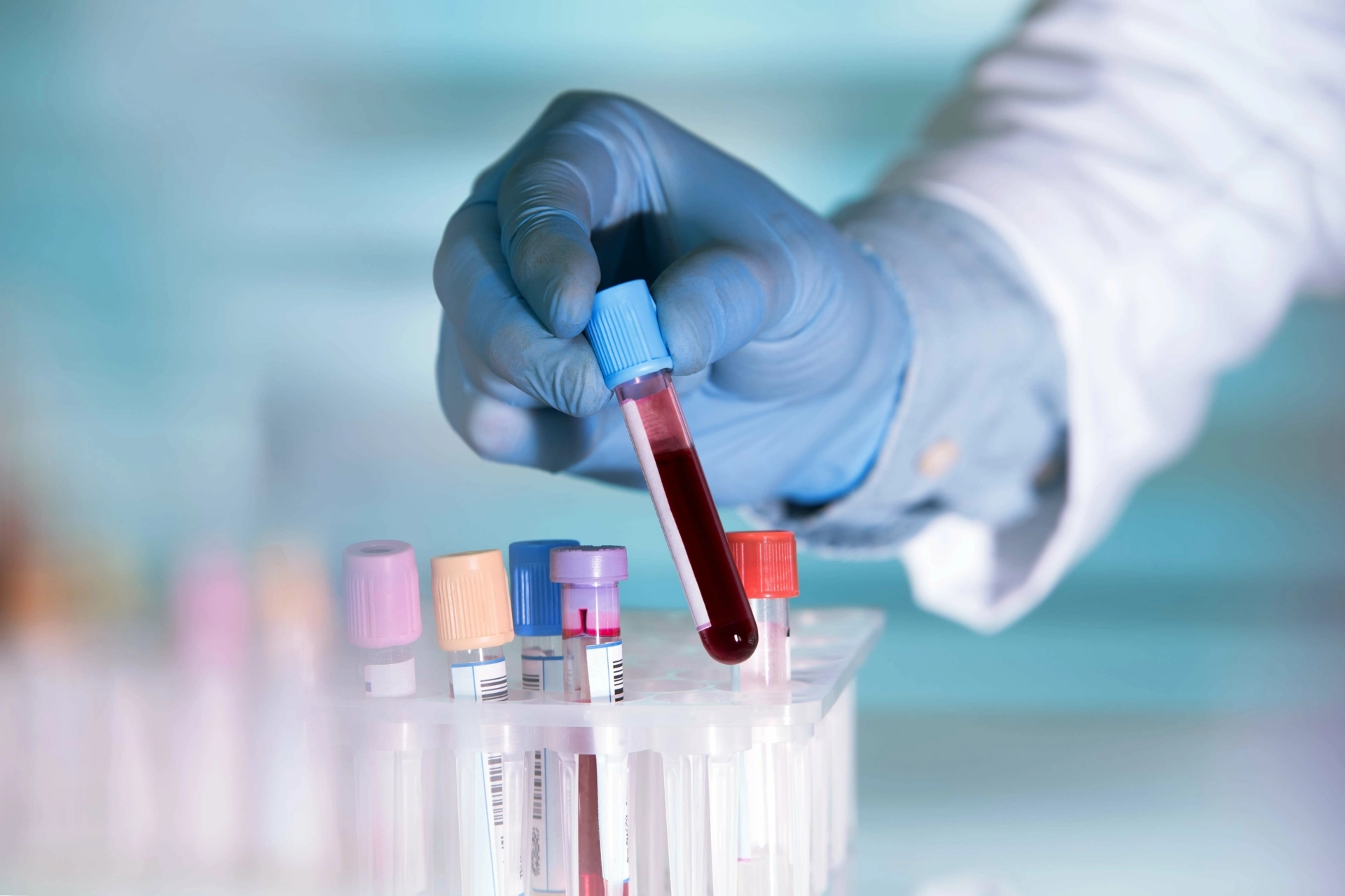Recent progress of a world-first chronic myelomonocytic leukaemia (CMML) trial has spurred the Leukemia & Lymphoma Society in the United States to put South Australian researchers in the driver’s seat to lead the future of CMML research.
The precision medicine trial program, led by SAHMRI Blood Cancer Program lead, Dr Dan Thomas, is based on using changes in genetic code to identify differences between individual cancers and design therapies accordingly.
The team brings top Adelaide scientists together with key collaborators from Stanford University in the US, including haematologists, Associate Professor Devendra Hiwase and Associate Professor David Ross from SAHMRI and the University of Adelaide, alongside Professor Angel Lopez, leader of the Cytokine Receptor Laboratory at UniSA’s Centre for Cancer Biology.
Together they’re investigating immunotherapy and other interventions with the aim of developing better treatments for patients living with this rare form of leukaemia.
Encouraging preliminary results presented in late 2023, have inspired the world’s largest nonprofit funder of blood cancer research to award $7.5m to Dr Thomas’s team and collaborators, to fund extensive follow up work on the causes and best treatment of CMML, putting SAHMRI on the map as an international leader in the field.
"The extremely generous contribution from our dedicated leukaemia supporters in America will lead to more jobs and increased biomedical science capacity in Adelaide," Dr Thomas said
“This will establish SAHMRI as a centre of excellence for CMML, building on the foundation laid by the institute’s Professor Tim Hughes in chronic myeloid leukaemia (CML).”
“We’ve got the patients, we have the physicians, the scientists and now the resources to bring about a life-changing paradigm shift for people living with CMML, setting up the next decade of research here.”
Chronic myelomonocytic leukaemia (CMML) occurs when there are too many monocytes in the blood, a type of white cell that fights infection. At least two in every 100,000 people are diagnosed with CMML annually in Australia, the majority are over 60 years old.
The disease is insidious and easily missed by doctors. Often the only clue is a slightly raised monocyte count on a routine blood test, mimicking chronic inflammation. Left unchecked, it progresses rapidly, causing unusual symptoms such as fever, lung fluid, and rashes resembling a viral infection, in some cases manifesting into acute leukaemia.
"This funding will enable us to quickly determine which molecular driver responds best to which antibody treatment and which parts of the immune system are causing the leukaemia to grow, leading to effective intervention,” Dr Thomas said.
Dr Thomas says the Leukemia & Lymphoma Society collaboration underscores the growing respect and trust international bodies have for Australian science.
“Most importantly, it will mean Australian CMML patients will get ongoing access to new therapies,” Dr Thomas said.
Official trial results are expected to be published next year.





